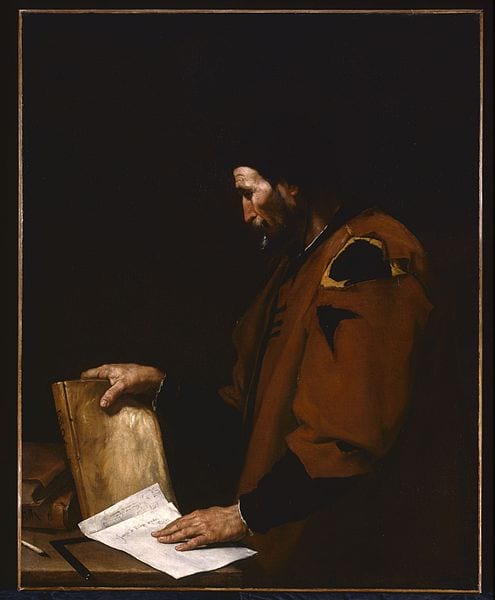Textual Analysis
“…[Textual analysis] is that venerable art which demands of its votaries one thing above all: to go aside, to take time, to become still, to become slow – it is a goldsmith’s art and connoisseurship of the word which has nothing but delicate, cautious work to do and achieves nothing if it does not achieve it lento. But for precisely this reason, it is more necessary than ever today; by precisely this means does it entice and enchant us the most, in the midst of the age of ‘work’; that is to say, of hurry, of indecent and perspiring haste, which wants to ‘get everything done’ at once, including every old or new book. – This art does not so easily get anything done; it teaches to read well, that is to say, to read slowly, deeply, looking cautiously before and aft, with reservations, with doors left open, with delicate eyes and fingers… My patient friends, this book desires for itself only perfect readers and philologists; learn to read well.”
— Friedrich Nietzsche, Daybreak, Preface


Aristotle by Ribera
For quite understandable reasons, many college courses are survey courses or something like survey courses. There is seldom time or opportunity to examine with needed care a very limited number of texts. This is unfortunate and is especially so in the case of great authors. For, the range, depth, and subtlety of such authors is such that only slow, careful, meditative reading can enable students and teachers to read them in the manner that they demand and deserve. There are various reasons as to why the experience of close reading is not a usual part of one’s education. For one thing, we are affected by living in a results-oriented society bent upon getting things done quickly and efficiently. This is not a climate conducive to a quiet raising of questions about every sentence or thought in philosophic or literary masterpiece. For the most part, acquaintance with the gist of a text characterizes the approach and accomplishments of modern readers. There are, to be sure, some benefits to superficial and hearsay contact with great authors. But often missing is an intimate encounter with an author and text – an encounter that startles, provokes, puzzles, and compels one to consider hitherto unexpected complexities or subtleties. Thus, as is the case in our lives, one gets to the bottom of things by beginning at the surface and by reflecting on what the surface of things points to. It is not easy to read slowly, to query as one reads, and to struggle to articulate what an author is saying or really saying in the writing he or she has left behind. In the Honors College, we encourage and make available in particular courses precisely this kind of experience for our students. In so doing, we foster habits of analysis which can in important ways be applied in a variety of personal and professional circumstances. Additionally, the particular courses entitled “Textual Analysis” in our curriculum feature a significant number of writing assignments which call for careful analysis of texts. In this manner, reading and writing intersect with reciprocal and closely connected aid to each. See, also, The Art of Writing.


